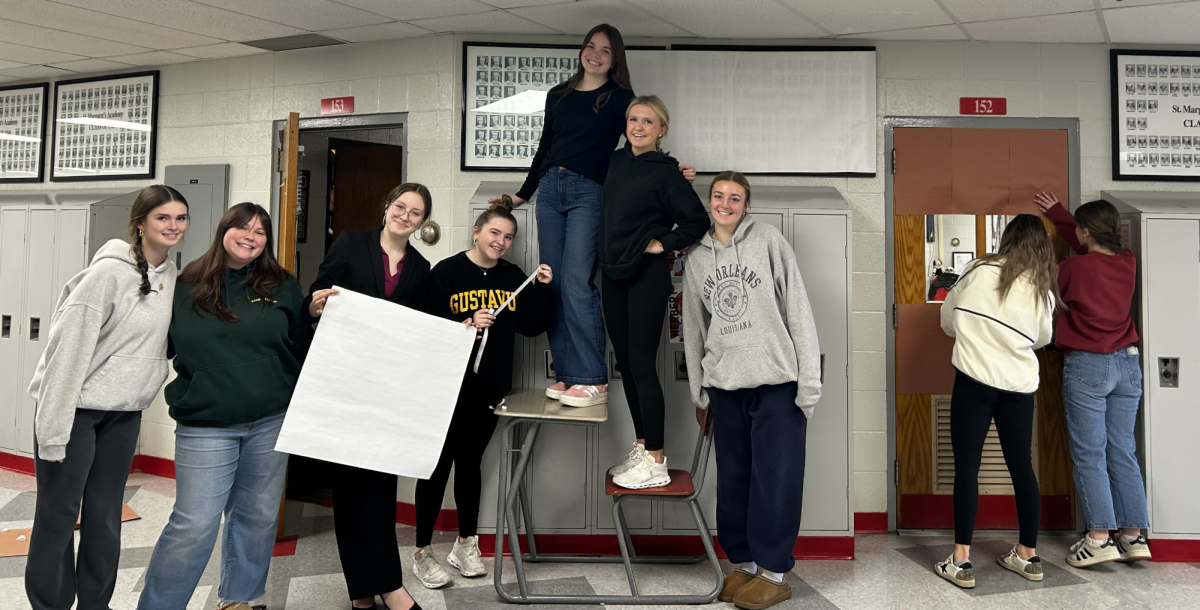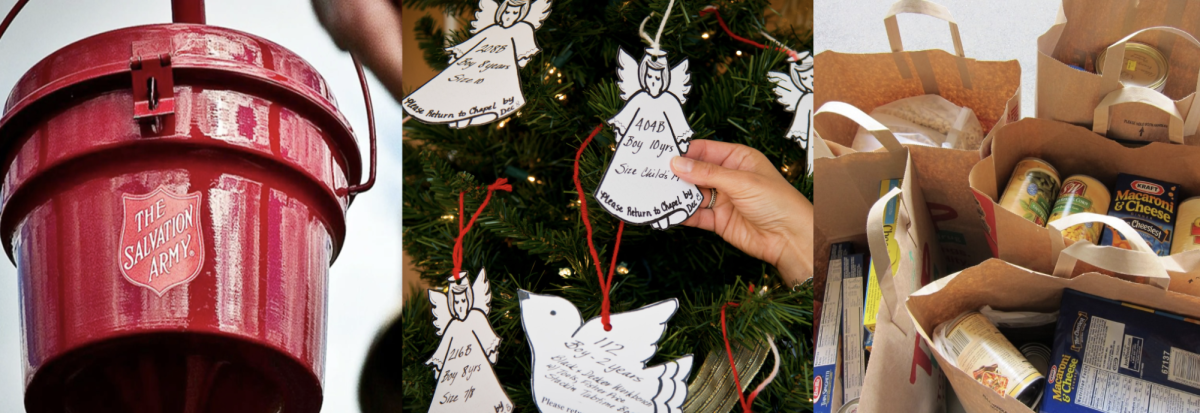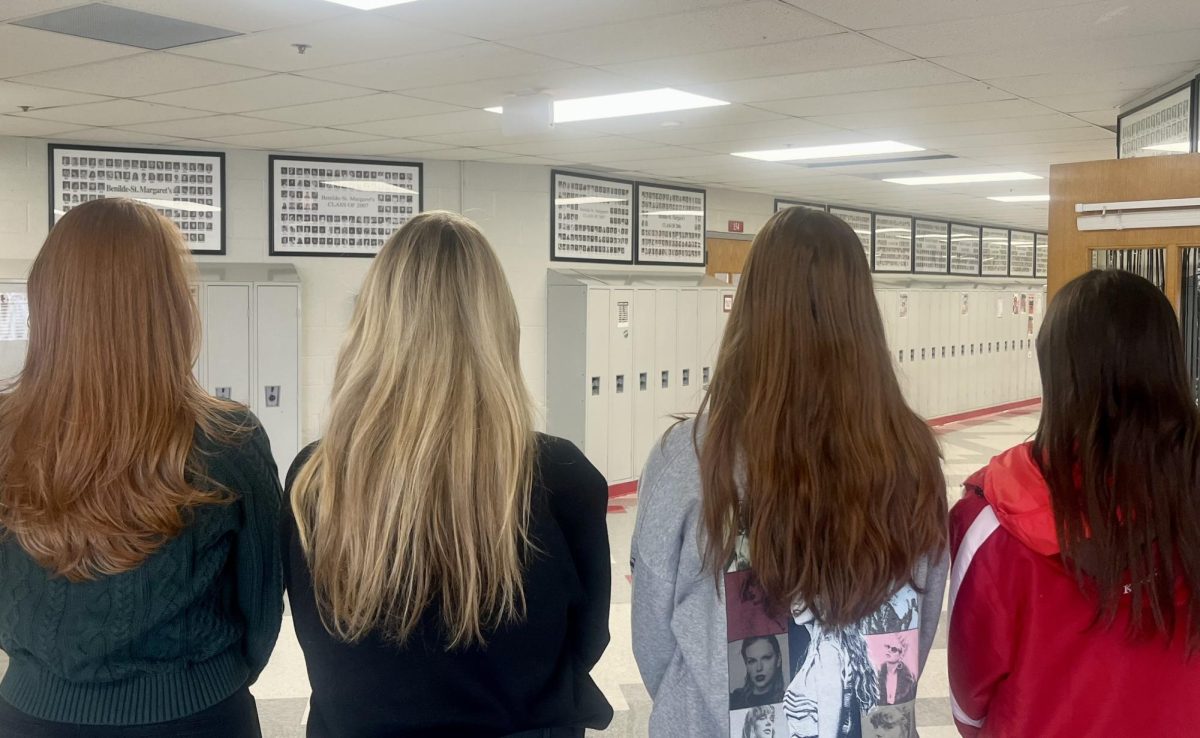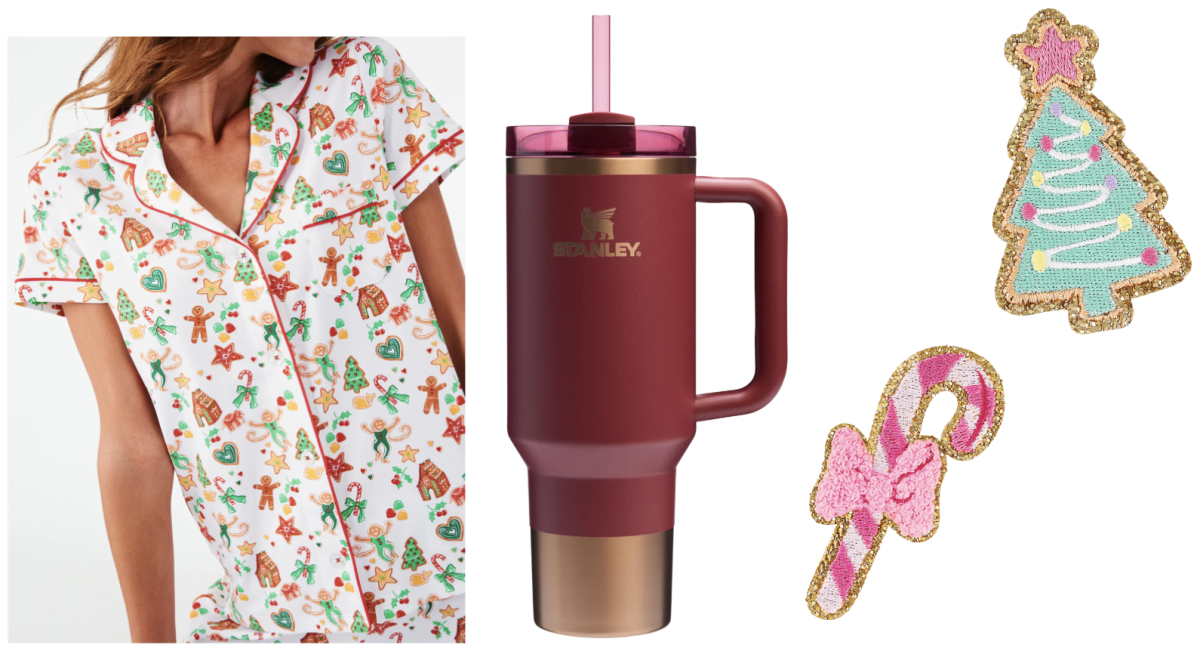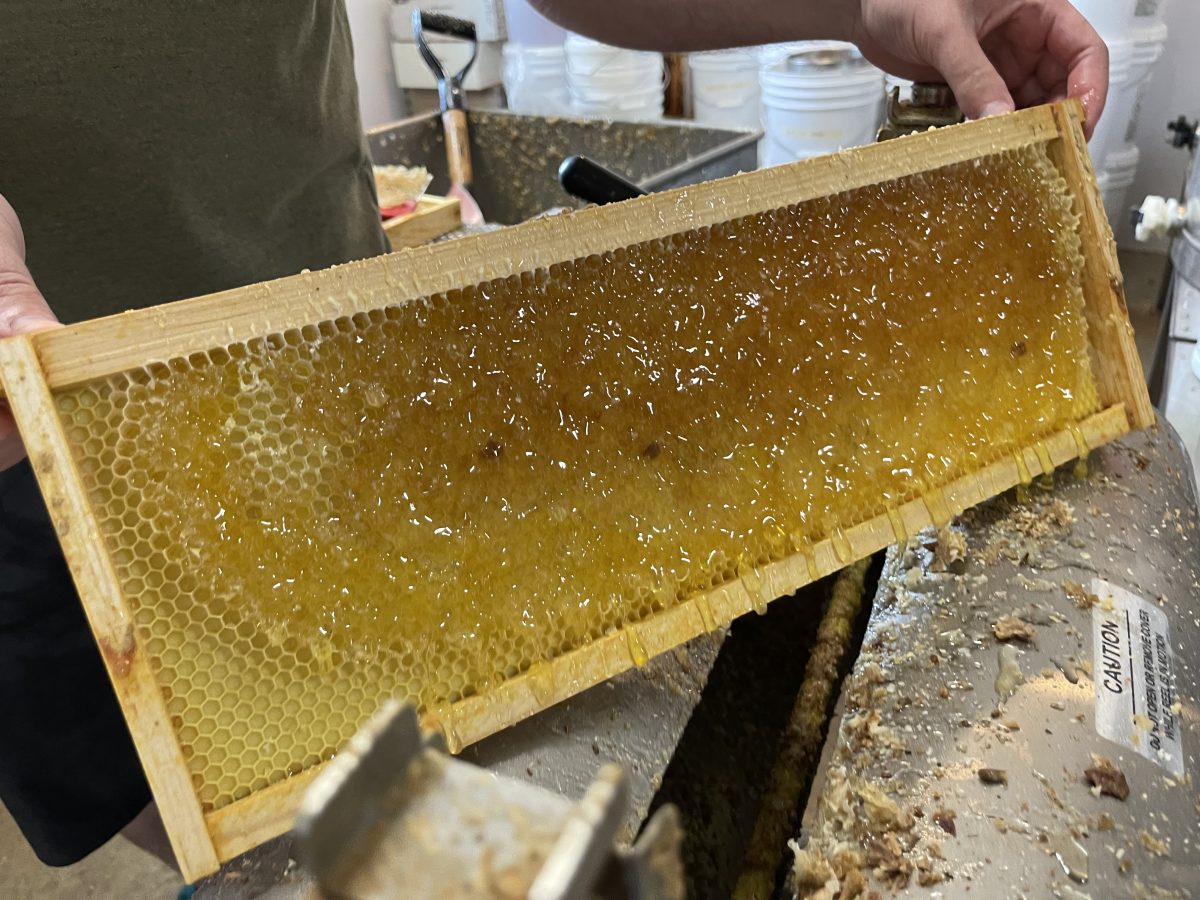Among the buzzing hallways of BSM, one student’s family hobby brings diversity to the local environment. Sophomore Sierra Barrett has taken up small-scale beekeeping with her family, sparked by her mother’s shared interest in environmental conservation. The Barretts keep bees in their backyard in large hives, creating an apiary, which is a collection of honey bee colonies, that benefits the entire neighborhood through increasing biodiversity and increased pollination.
Despite being new to beekeeping, the Barrett family has quickly embraced the roles of bee caretakers, tending to the hive and harvesting honey. The task of taking care of bees is not a simple hobby. Beekeeping requires around-the-clock maintenance to ensure that the bees are healthy and protected from invasive pests and diseases. “We frequently check on the bees and make sure there’s no mites along with keeping the area neat and elevated to ensure cleanliness,” Barrett said.
The process of beekeeping has many steps from initially getting the bees, to storing them in winter, to gathering honey at the end of the season. Aspiring beekeepers have to learn how to obtain bees, how to harvest honey, and what tools are necessary for the job. Barrett explains the process of getting bees in the spring and harvesting honey in the fall. “We go pick the beehives and the queen bee from the distribution center, and then we buy hives and a bee box to store them in. The queen bee is put in the bee box and the rest of the bees follow, which could take a few days. In the fall, we take out the sheets and put them in a honey extractor that spins around the honeycomb sheets and it drips down for collection,” Barrett said.
At-home beekeeping offers an opportunity for local communities to help pollinate their ecosystem and help broaden the number of plant species that inhabit the area. According to Barrett, bee populations have been declining worldwide due to the increase in pesticide use. Small-scale beekeeping is a good way to combat this, along with balancing out the environment. Although this hobby may be time-consuming and difficult, the benefits of beekeeping go beyond environmental sustainability. One hive can produce as much as 30 pounds of honey that can be sold or shared with friends and family. “I think beekeeping is harder than most would assume, and it was definitely overwhelming when we first started learning about equipment and maintenance, but it’s extremely rewarding and helps out the local environment,” Barrett said.








